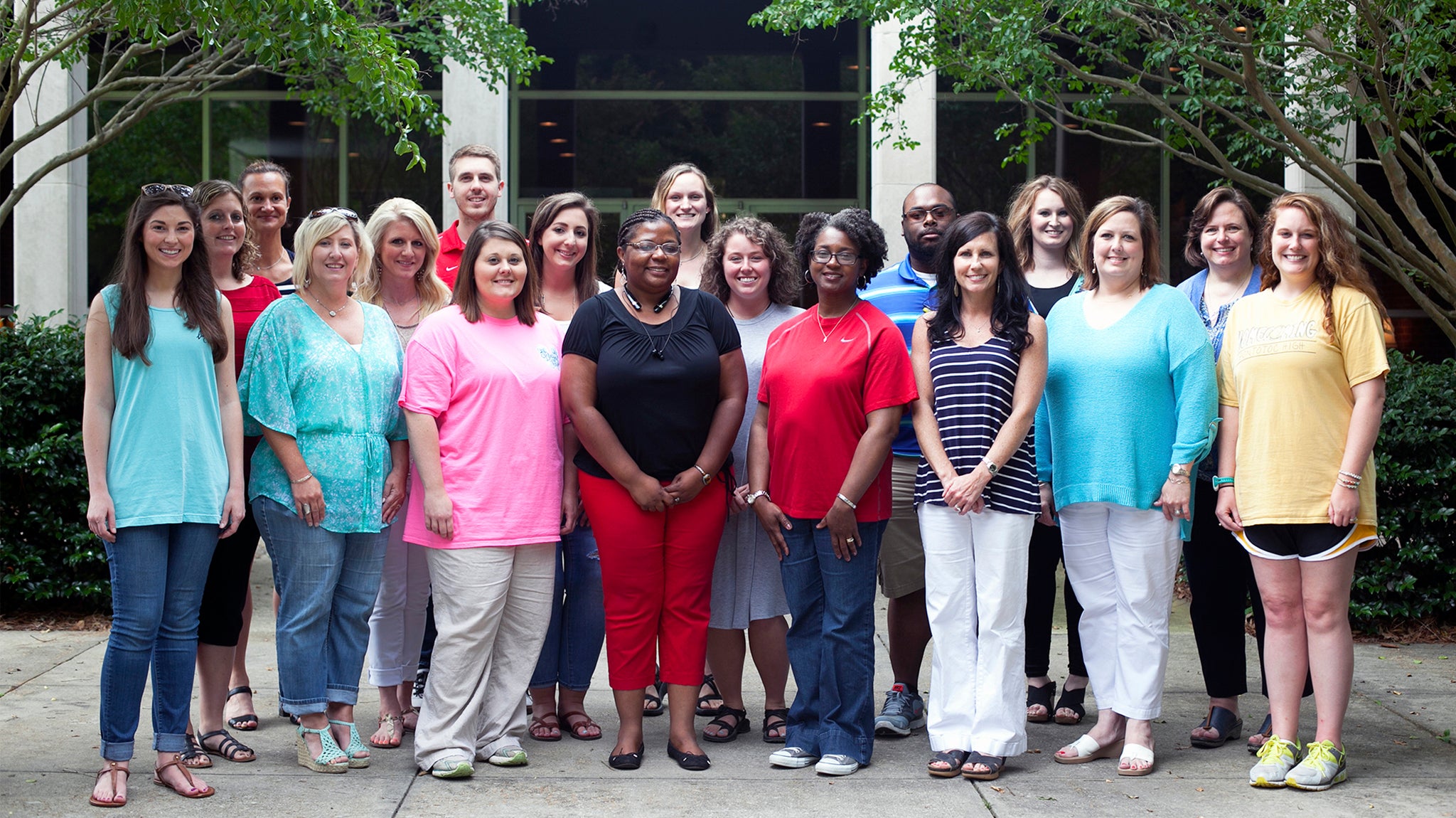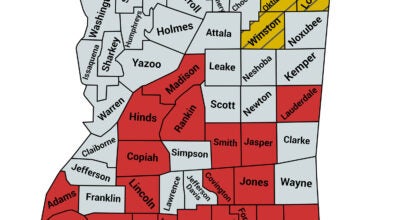UM writing program aids rural teachers, students
Published 12:00 pm Monday, July 4, 2016

- 2016 UM Writing Project Fellows include (FRONT L to R): Mary Coker of Blue Springs, Paige Whitten of Batesville, Amanda Moore of Baldwyn, Gennella Graham of Corinth, Wendy Sharp of Olive Branch, Kerri Case of Oxford, Kim Bridges of Olive Branch and Lauren Stanford of New Albany. (MIDDLE L to R) Leigh Anne Eaton of Nettleton, Jessica Easley of Vardaman, Katelyn Sappington and Brandi Coope both of New Albany, Devan Tate of Booneville and UM Writing Project Director Ellen Shelton of Oxford. (BACK L to R) Tamara Warhol of Oxford, Josh Green of Hernando, Jamie Glenn of Guntown and Megan Garner of Tupelo.
For three years, the University of Mississippi’s site of the National Writing Project program has invested in teachers and young adults throughout north Mississippi by implementing the “College-Ready Writers Program,” designed to increase graduation rates and college attendance.
The University of Mississippi Writing Project is among 12 sites across the country hand-selected to be directly involved in the CRWP, which helps rural school districts with high poverty rates improve student writing. The Ole Miss project is funded by a $600,000 national “Investing in Innovation” grant.
“I don’t think I would still be teaching if the CRWP trainers had not come to my school,” said Jonna Labastida, a teacher in Charleston. “The teacher-trainers came directly into my classroom and modeled effective ways to nurture best writing practices with my students. They would then listen during my instruction time, and I would receive instant feedback.”
The program was a turning point in Labastida’s career, she said.
“It was the first time I had a professional community of role models and goals for my classroom. I felt better about myself as a teacher, and I felt better for my students. I was learning how to better provide them with the instruction and inspiration they needed to succeed.”
From 2012 to 2015, local teachers who were trained members of UM’s National Writing Project program worked with 7th-10th-grade English teachers from East Tallahatchie County, Holly Springs, Quitman County and Okolona school districts. The goal for these teacher-consultants was to coach and train area educators who were working with students struggling with test scores, particularly in English and language arts.
“We think the program has been so successful because of the focused, intensive professional development specifically targeting English teachers,” said Ellen Shelton, UM Writing Project director.
In the rural districts randomly assigned to use the CRWP, teachers received 45 hours of training for two consecutive years on how to teach argument writing.
“The teachers saw the practical application of the work and saw the changes not only in students’ writing, but also in their thinking,” Shelton said. “The focus was on implementing argument writing in small ways like daily responses to a text and forming a claim in response to a text.
“What is being taught in the program is what students will need to be able to convey through their writing in a variety of subjects in college and when they get into the workforce.”
The National Writing Project study nationwide was the largest and most rigorous of its kind and included college-ready writers programs in 10 states with 400 teachers and 25,000 students involved.
In late 2015, as the CRWP three-year grant came to a conclusion, the nonprofit research group SRI International collected and reported findings concerning the program’s benefits. The result of the study showed that the program had a positive impact on both teachers’ instructional practice and student writing, particularly content, structure, stance and conventions.





